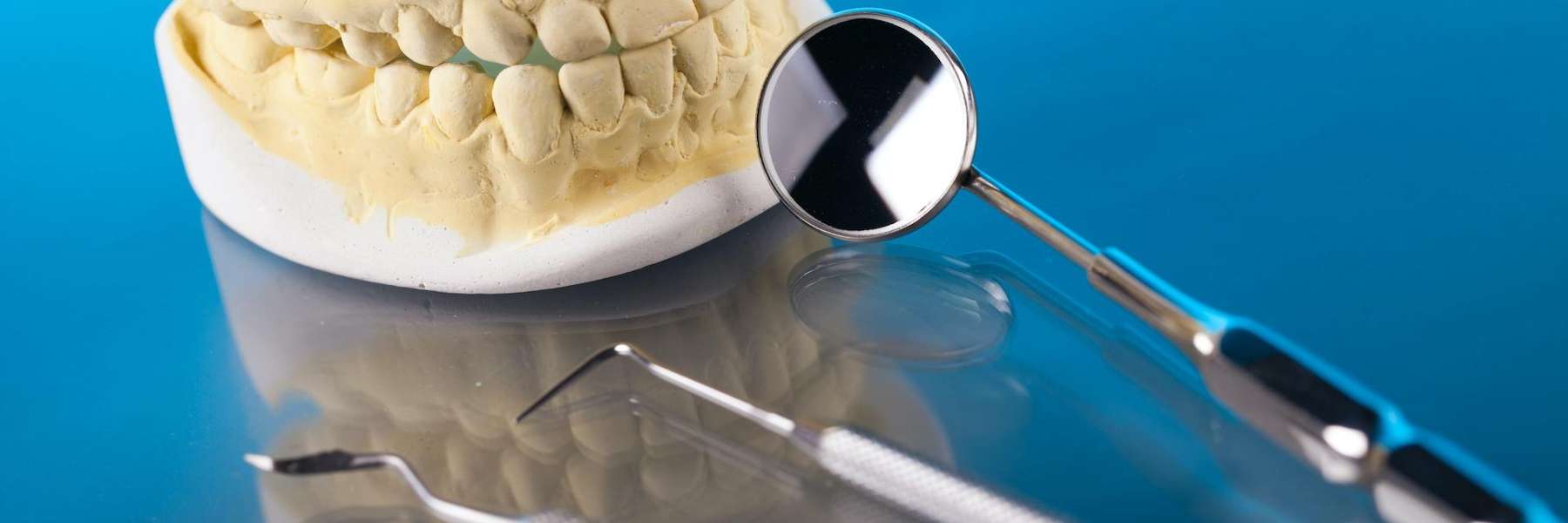
Periodontal disease, commonly known as gum disease, is a progressive condition that damages a person’s gum tissue and can threaten the bone structures supporting their teeth. Gum disease begins with “plaque,” a bacterial film that develops in the mouth, in between and on the surfaces of the teeth and along the gumline.
Plaque (and, as a result, gum disease) can be caused by several factors, including poor oral hygiene, smoking, genetics, certain illnesses (like diabetes), medications that reduce saliva flow, and hormonal changes. If neglected, plaque hardens and develops into “tartar,” which severely compromises gum tissue and can result in severe tooth decay and, eventually, tooth loss.
To help you avoid these risks, we’re taking a closer look at the various stages of periodontal disease, effective treatments, and measures you can take to ensure it never arises in the first place.
The Initial Stage: Gingivitis
Gingivitis is the earliest stage of periodontal disease. The condition arises when plaque accumulates on and around the teeth. Symptoms of gingivitis include red, swollen gums that may bleed during brushing or flossing. If plaque is not removed promptly via diligent brushing and flossing and regular dental cleanings, inflammation of the gums can worsen, as plaque produces toxins that will continue to irritate the gum tissue.
Despite the discomfort, this early stage of gum disease typically does not involve bone or tissue loss. Further good news is that gingivitis is reversible with good oral hygiene and professional treatment.
Past Gingivitis: Mild Periodontitis
If gingivitis is left untreated, it can progress to periodontitis. In mild stages of periodontitis, inflammation extends to the bone supporting the teeth and begins to weaken its structure. At this stage, an individual’s gums may also start pulling away from the teeth, forming pockets that can become infected.
When plaque spreads below the gum line into these pockets, the body's immune system fights bacteria, leading to further bone loss. Symptoms of mild periodontitis beyond gum recession include further gum recession and more frequent bleeding. While the damage from mild periodontitis is unfortunately not reversible, it can be managed with professional dental treatment and improved oral hygiene.
The Risks of Moderate Periodontitis
In cases of moderate periodontitis, when plaque has hardened into tartar, the jawbone, gums, and other structures that hold teeth in place face increased damage. Symptoms at this stage include increased pocket depth, more bleeding, and even more severe gum recession. Patients suffering from moderate periodontitis might also experience bad breath and slightly compromised bite integrity.
Treatment for moderate periodontitis involves scaling and root planing, a deep cleaning method to remove plaque and tartar from below the gum line, and possibly antibiotics.
The Danger Zone: Advanced Periodontitis
Advanced periodontitis is the most severe stage of gum disease. At this point, the infection has destroyed the bone and connective tissues that support the teeth. Symptoms of advanced periodontitis include deep pockets of pus (dental abscesses), severe gum recession, tooth mobility, and pain while chewing.
Advanced periodontitis can also cause teeth to shift, become loose, or, in severe cases, require extraction. Treatment at this stage often requires intensive procedures like flap surgery, where the gums are lifted back to remove tartar, and bone grafts to replace damaged bone.
Effective Periodontal Disease Treatments
Treating periodontal disease depends on the stage and severity of the condition. For gingivitis, improved oral hygiene practices and regular dental cleanings are typically sufficient. Mild periodontitis, meanwhile, usually calls for scaling and root planing to remove plaque and tartar from above and below the gum line and either antibacterial mouth rinses or antibiotics to control infection.
Moderate and advanced periodontitis, however, requires more intensive treatments. In moderate cases, treatment includes more frequent professional cleanings and, in some cases, minor surgical interventions to reduce pocket depth. Treating advanced periodontitis requires treatments like flap surgery, bone grafts, or guided tissue regeneration to restore the health of the gums and supporting structures.
Stopping Gum Disease Before It Starts
Preventing periodontal disease starts with a strong oral hygiene routine, including brushing teeth at least twice daily with fluoride toothpaste, flossing daily, and rinsing with antibacterial mouthwash. Regular dental check-ups and cleanings are essential to catch early signs of gum disease and manage any issues promptly. Lifestyle changes like quitting smoking, eating a healthy diet, and diligently managing conditions like diabetes can also significantly reduce the risk of developing gum disease.
By understanding the stages of periodontal disease and seeking timely treatment, you can safeguard the long-term health of your teeth and gums and the aesthetic appeal of your smile.
Effective and Efficient Periodontal Disease Treatment in Bellevue, NE
If you’re in the Bellevue area and suffering from symptoms suggestive of any stage of gum disease, contact Bellevue NE dentist Dr. Jamar A. Anderson and the friendly and skilled Kennedy Dental team to schedule a consultation and discuss your treatment options.
